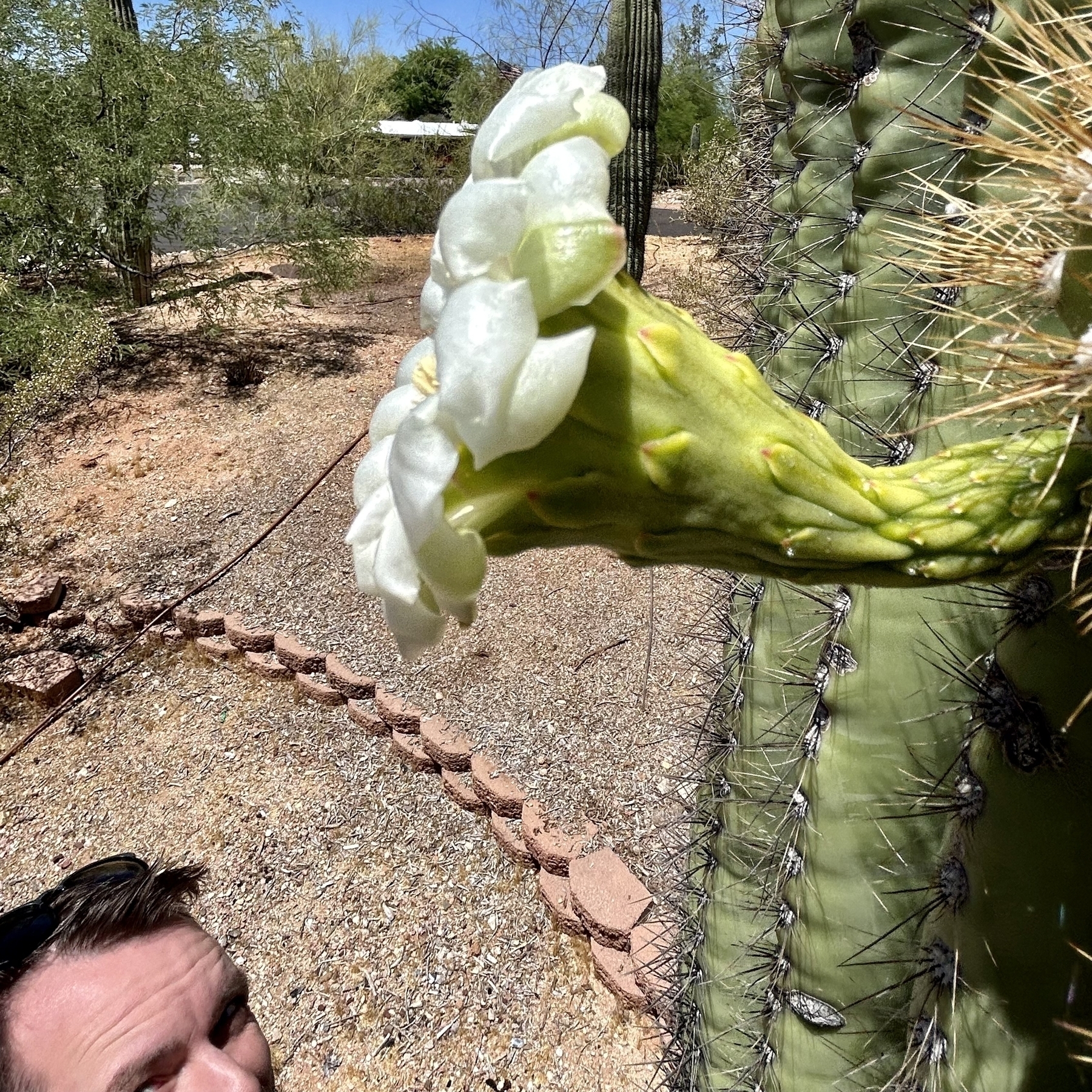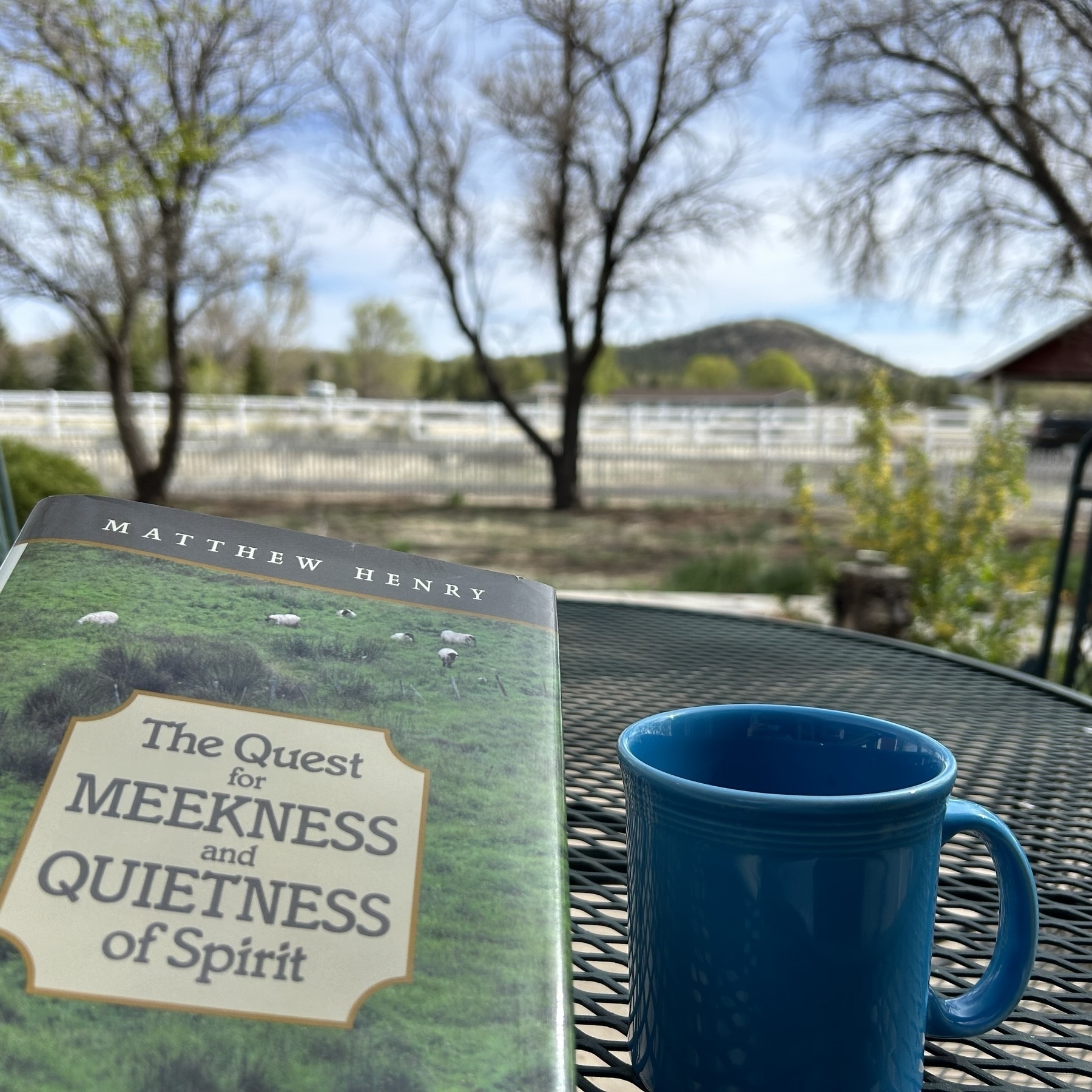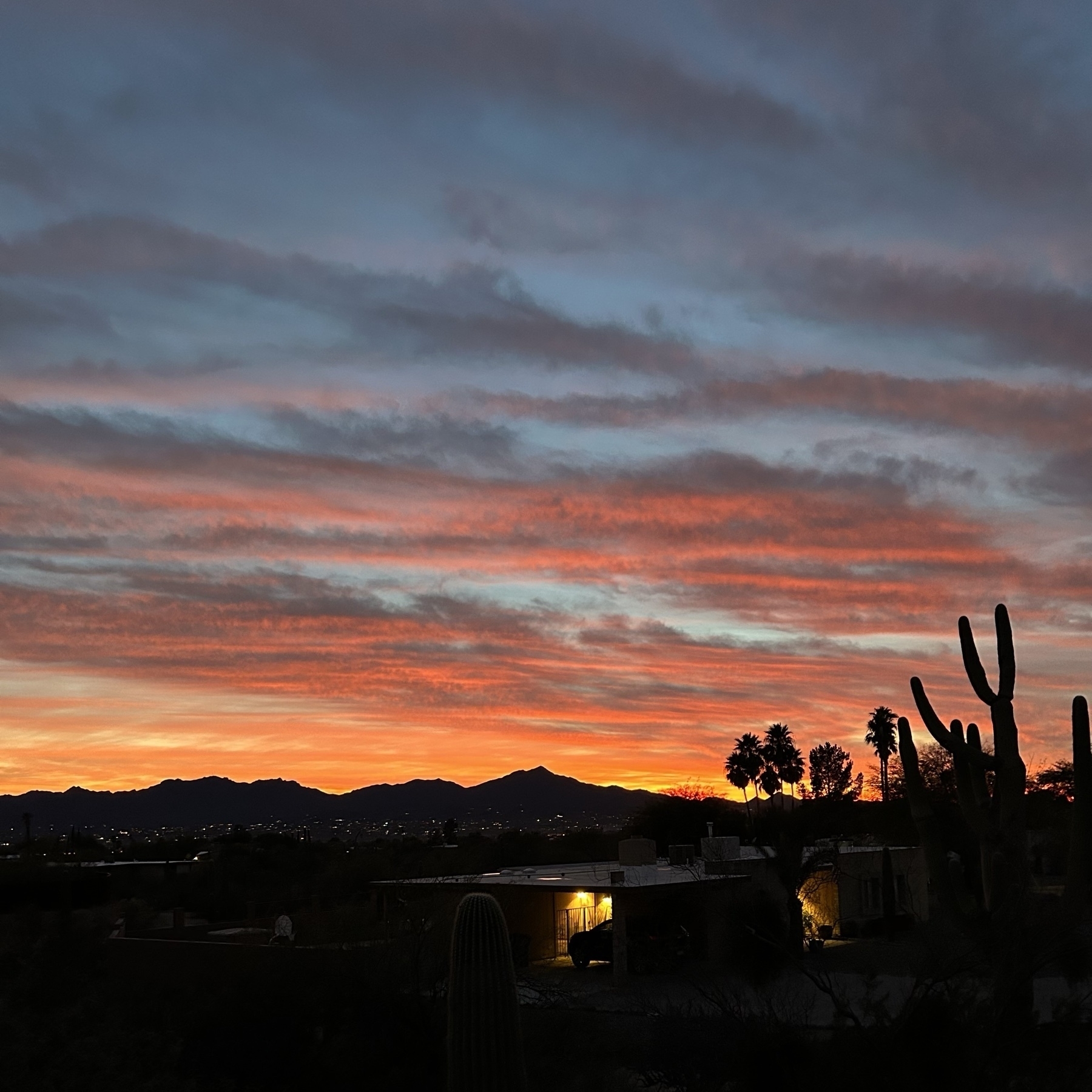Being flexible and intentional is part of good parenting. John Beeson shows how this applies to leading your kids spiritually through each stage of childhood.
Learn about the inspiring story of Enoch..
The life and translation of Enoch display not only how it is that we come to please God but also what the reward is for those who live and seek God by faith. The reward is God Himself.
If you struggle with discontentment, you probably struggle with coveting. Jen Wilken shows how they are connected and offers some help.
In a list of clear prohibitions, the tenth word is unexpected. For all the other nine, our neighbor could hold us to account fairly simply by gathering witnesses to testify to our compliance or lack thereof. But here, at the end of the list, we find a sin of a different nature. Idol-making, Sabbath-breaking, dishonoring authority, murder, theft, adultery, and slander can all be identified by an onlooker, but not so covetousness. Covetousness hides in the heart. The Ten Words progress from “Don’t do it” to “Don’t say it” to “Don’t even think about it.”
Currently reading: The Compelling Community by Mark Dever 📚
The Bible mentions the balm of Gilead as a famous healing agent. Here’s how to harvest it.
Joshua Gibbs [via Short Letters]
anyone who thinks that the way around ChatGPT is another bullet point on the school honor code is delusional. Sorry, but some things have to change. Homework needs to change. Writing assignments need to change. We need to take ChatGPT for what it is: a referendum on modern, non-classical teaching.
Occasionally, I hear of a presbytery or session that gives theology exams as a take-home test. That should stop immediately.
Jesus’ ascension provides us with an awesome view from above—a glimpse of glory that assures us he has our lives and all things under control.
Read more for several encouraging insights on the ascension of Christ.
I’m happy to have found a Safari extension called Hush. It silences the constant cookie offers—a terrible thing for IRL, but needed right now for the web.
Letters to a Younger Ruling Elder, No. 3: The Importance of the Devotional Life
I have seen the eldership ruined more times by men, not because they were poor elders, but, sadly, because they were poor Christians.
If you dug a tunnel down to the other side of the world, you’d end up in…
You can pray the imprecatory psalms. PCA minister Benjamin Kandt explains how and why in 22 Reasons to Pray the Cursing (Imprecatory) Psalms.
Updated: my Book of Church Order commentary links page. Alan Strange is cruising! He finished the Form of Government and is working on the Book of Discipline now.
Here is my book review of The Unfolding Word: The Story of the Bible from Creation to New Creation by Zach Keele.
Despite what some assume, the percent of those who say they have no religion in America is not fated to increase. In fact, the percent of Nones, as they are called, hasn’t climbed at all in the last six years but has remained at about 20%.
This explains a shift I’ve noticed: being unaffiliated with a religion is no longer cool. I’m not saying it’s uncool to be a None, but like drinking Starbucks or wearing Crocs, it’s not an edgy alternative anymore. It can’t be when the Nones now comprise two out of ten slices of the American pie.
Figuring out what you owe God based on what other humans think is cool is a bad idea. So as the Nones are normalized and lose their cool, it’s a good time for all of us to re-examine how we relate toward God and why.
Prayer ≠ mediation.
Prayer ≠ spiritual desire
How so, George?
“Prayer is not meditation, because meditation is communing with our own souls, prayer is communing with God. Nor yet can it be said that prayer is nothing else but a spiritual desire; for prayer is the sending up of our desires to God, being put in order."
What often is true is that mediation leads to spiritual desire which leads to prayer.
🎧 Listening to The Drive Home by Austin Britton. His newest single.


